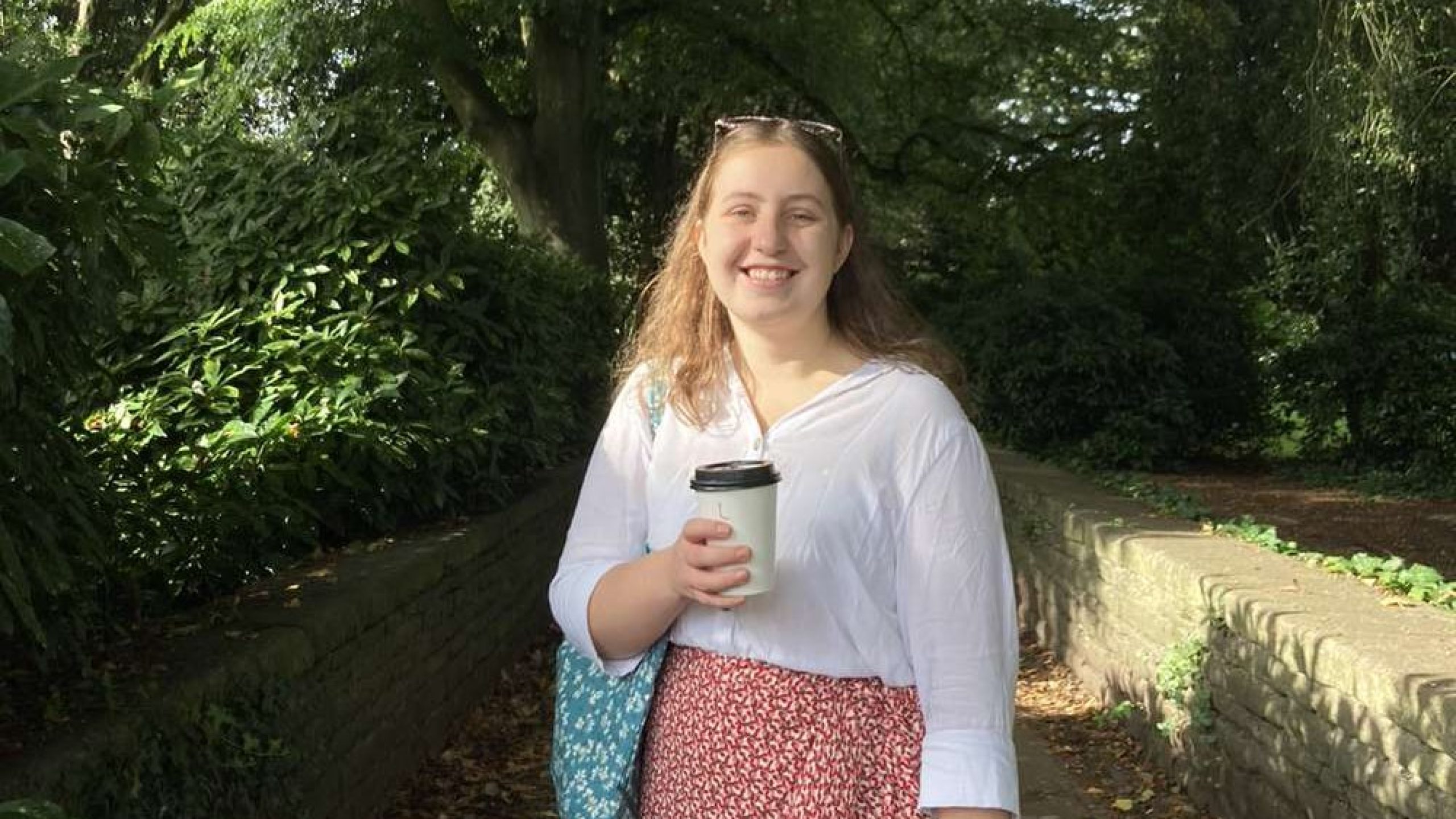
Meet a researcher: Chloe Brotherton
As part of our aim to nurture young scientists, we are very pleased to introduce one of our new PhD students as part of a co-funding agreement with the Macular Society.
Chloe Brotherton is studying at Edinburgh University under the supervision of Dr Roly Megaw. She is working on a project that aims to increase the understanding of why different mutations in the RPGR gene impact photoreceptors in different ways, either leading to retinitis pigmentosa or cone-rod dystrophy. She talks about her background, why she took on this studentship and her hopes for the future.
“I completed my undergraduate degree in genetics at the University of Glasgow, then went onto a Master’s in Medical Genetics and Genomics, also in Glasgow. I knew that I wanted to work in research related to genetic disease, and I’ve always been passionate about using my skills to help people. I could never be a doctor – too much blood and gore – so I started looking into studentships and I found this one in Edinburgh. It’s something I feel passionate about, could put my energy into, and could get a lot out of at the same time.
“I became passionate about sight loss when I realised how life altering it can be. My partner’s father has retinoschisis, a condition that causes a cleft in the retina. He told me how he went from driving a car when he was 18 to not being able to see much at all. I wanted to go into research and help people at the same time, and this seemed like a great place to start.
“I’m looking forward to so much about this project. I love learning more about science, but I’d also love to talk to people affected by inherited sight loss, to really learn the impact it has on their lives, and develop my skills and knowledge in order to help more people in the future.
“Going from a very structured environment to one where I have to make my own routine is a steep learning curve, but I love getting to talk to scientists about science. I genuinely think that there’s no one more passionate in the world than a scientist talking about their research. They get so excited, and to have that every day, to be a part of that, feels really good. The University holds seminars every Tuesday where I’ll get the chance to learn about what other people are researching.
“I hope to continue studying in academia and research, increasing my lab skills, knowledge and communication skills to get through to people all over the world. All these things will add to my academic career. One of my long term goals is to publish a paper one day on my research, and perhaps lead a project down the line.”
